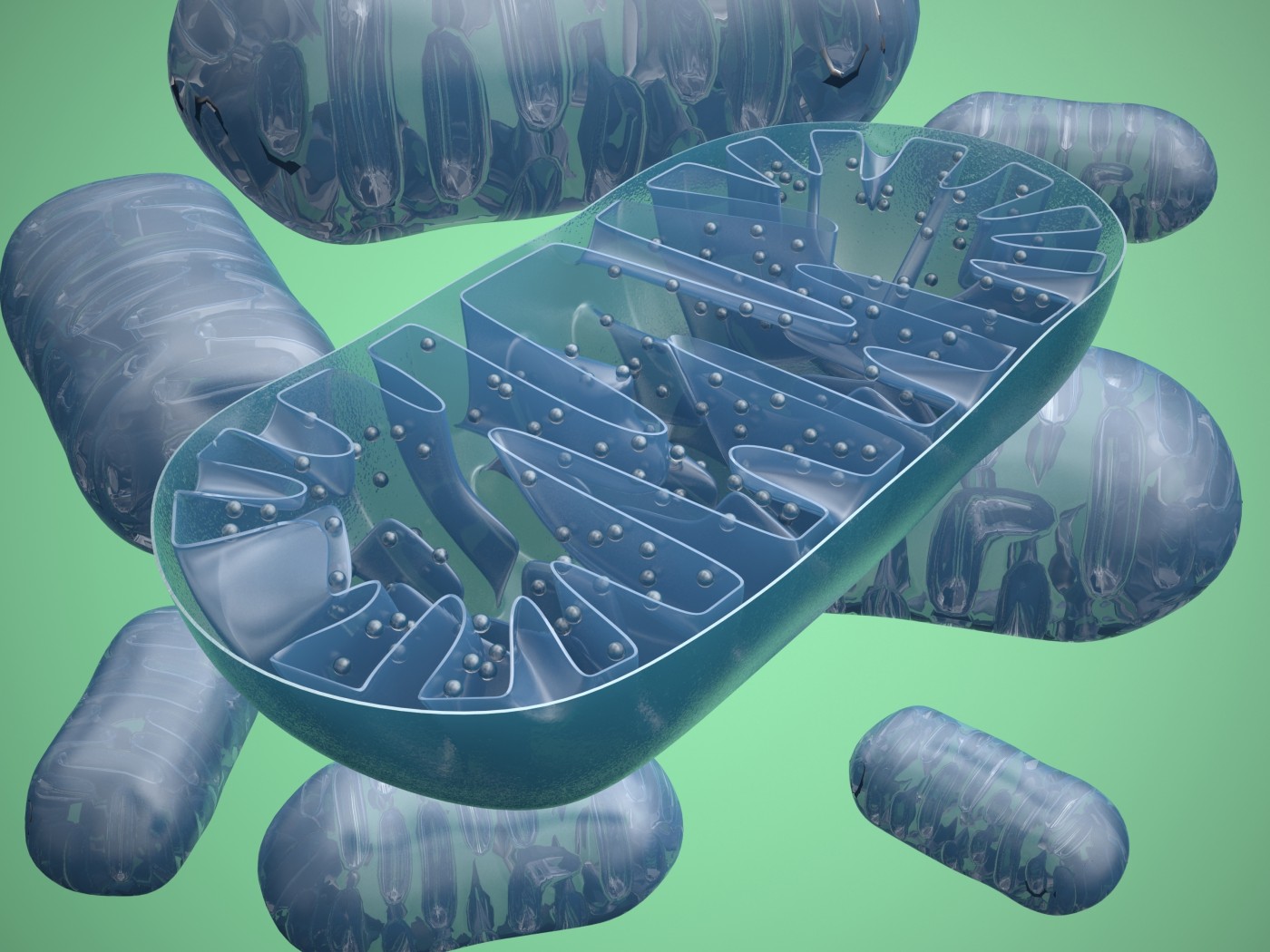NeuroVive’s Mitochondrial Disease Program Promising Results Presented at the 6th World Congress on Targeting Mitochondria

NeuroVive Pharmaceutical AB, a company focused on the development of therapeutic drug candidates to treat mitochondrial diseases, announced in a press release the presentation of the first preclinical results from its Complex I Deficiency discovery program at the 6th World Congress on Targeting Mitochondria in Berlin, Germany.
Complex I deficiency is, according to the United Mitochondrial Disease Foundation, the most common mitochondrial disease, accounting for one-third of the respiratory chain diseases. Complex I is part of a group of four chain reactions (complexes I to IV) that carry along the electrons that result in the production of ATP (energy) that is released by a fifth complex. This deficiency is usually presented at birth or early in life and leads to progressive neurodegeneration with symptoms manifesting in organs and tissues that require high levels of energy, such as the heart and brain. Several disorders are associated with this deficiency such as Leber’s hereditary optic neuropathy (LHON), lactic acidosis and stroke-like episodes (MELAS), myoclonus epilepsy with ragged-red fibers (MERRF), and Leigh Syndrome (LS).
NeuroVive’s Complex I Deficiency Discovery program is centered on the development of succinate prodrug candidates. The compound is an essential substrate in the mitochondrial energy cycle and researchers aim to develop cell permeable drugs that can deliver it to complex II in the respiratory chain, overcoming complex I disorders and enabling the flow of the chain reaction for the production of ATP.
In preclinical results presented at the conference, Dr. Sarah Piel noted that in research studies involving models of normal cells and cells from a Leigh Syndrome patient, succinate prodrug candidates induced an improvement in mitochondrial respiration. Future plans involve scale-up of most promising drug candidates, further pharmacokinetic evaluation and in vivo proof of concept. NeuroVive’s timeline predicts that in 2016 a drug candidate will be selected from the Complex Deficiency I program.
Dr. Eskil Elmér, Chief Scientific Officer at NeuroVive commented, in the press release, on the progress of NeuroVive’s program, “We are delighted with the progress our Complex I Deficiency discovery program is making. These findings support our hypothesis that succinate prodrugs are a strong candidate for the treatment of complex I Deficiency disorders and allow us to take the next step in candidate development with confidence.”






